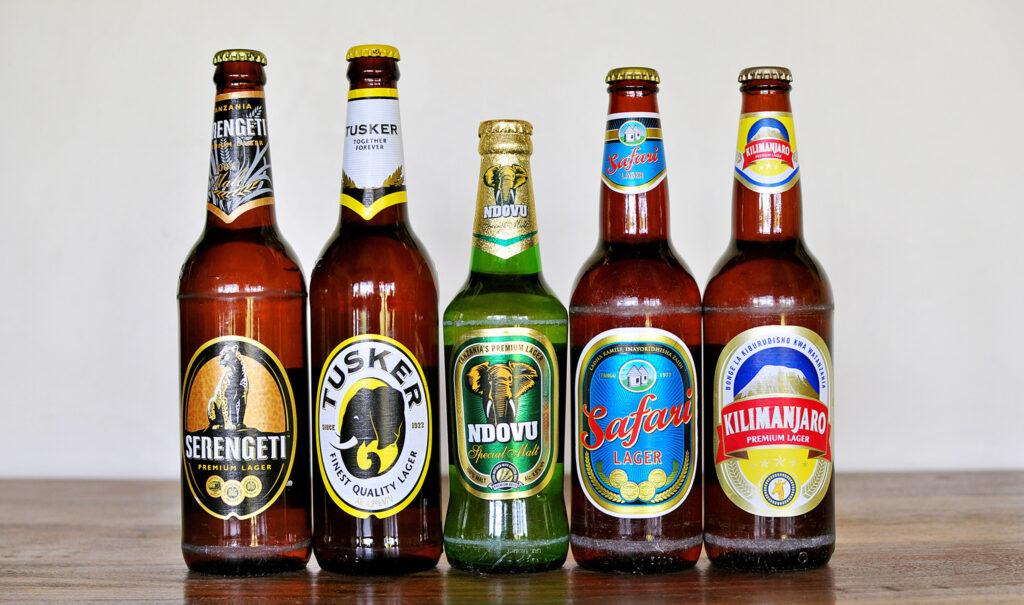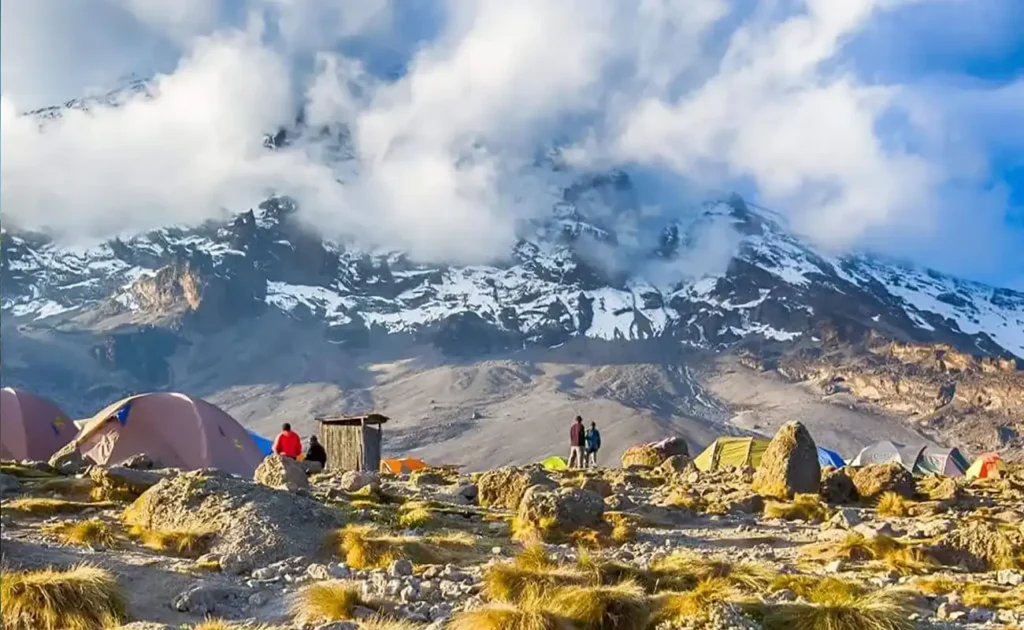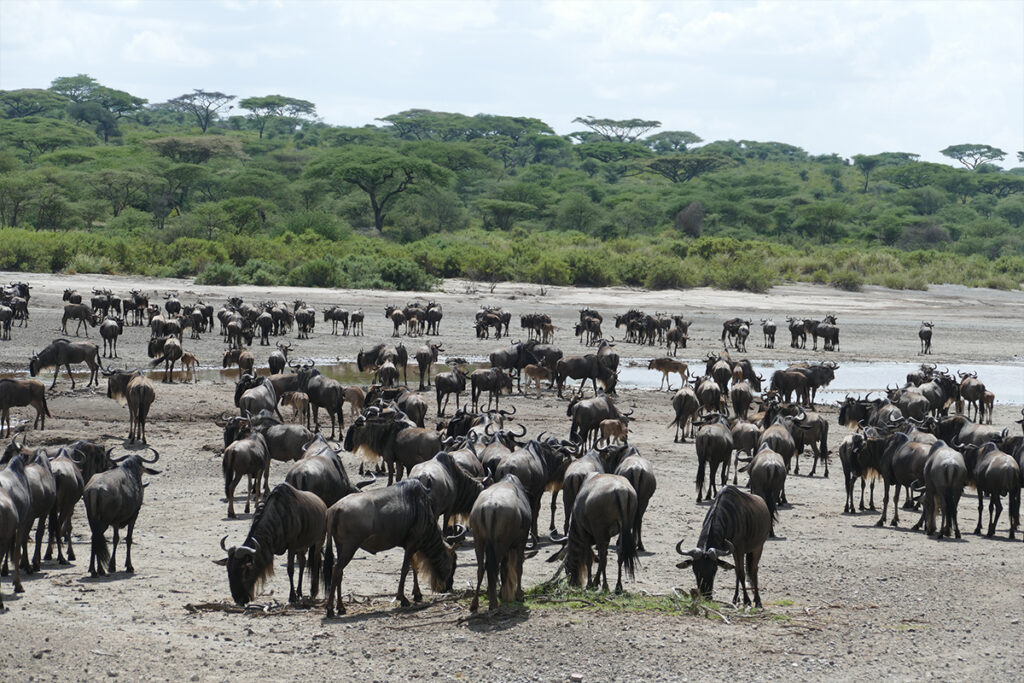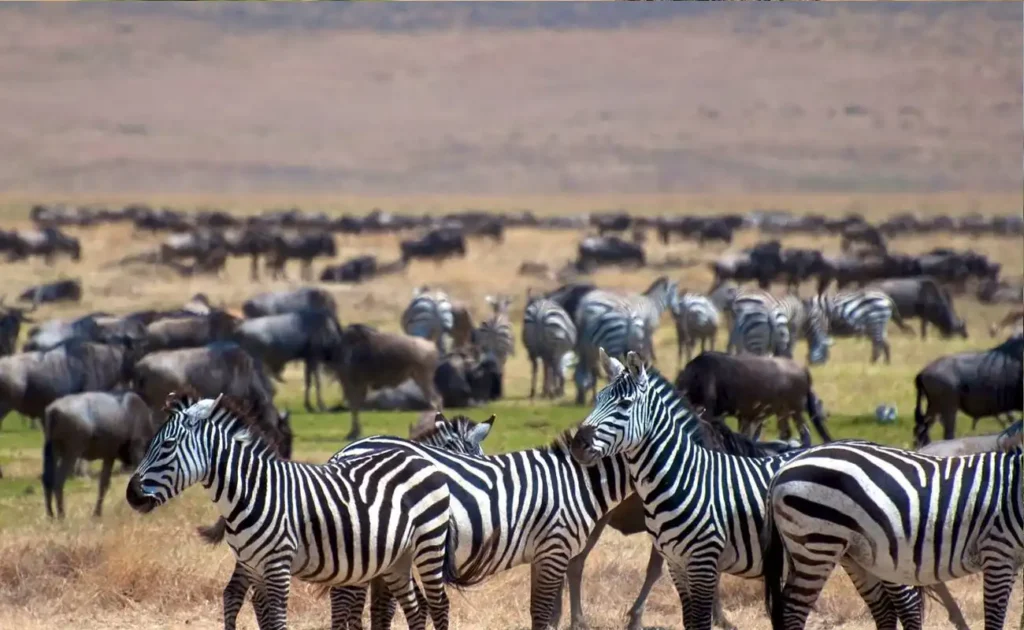In Tanzania, the cost of alcohol can be considered relatively moderate when compared to Western countries, but it’s still significant for the average local. A bottle of local beer like Kilimanjaro or Serengeti might set you back about $1.50 to $2.00. However, imported brands generally come with a higher price tag, often doubling those figures.
The pricing of alcohol in Tanzania intertwines with several factors including import taxes, which can escalate costs, especially for foreign spirits. The influence of local brewing companies, which have a prominent history and established distribution channels, helps keep the prices of local alcohol products more controlled. According to recent data, the average cost of a bottle of mid-range wine is approximately $10, which varies widely based on location and establishment.

Overview of Alcohol Prices in Tanzania
Alcohol prices in Tanzania vary widely based on several factors such as type, brand, and location. Local beers like Kilimanjaro and Serengeti are popular and relatively cheap, often costing between $1.50 and $2.00 per bottle. Imported beers can be more expensive, typically around $3.00 to $5.00 per bottle. Wine prices also differ, with a bottle of mid-range wine costing roughly $10. Higher-end wines can go up significantly in price.
Spirits in Tanzania are subject to even greater price variation. Locally produced spirits like Konyagi are more affordable, priced at about $5 to $10 per bottle. Imported brands such as Johnnie Walker or Smirnoff are considerably more expensive. A bottle of imported whiskey may cost between $25 and $50. It’s clear that the origin of the spirit has a major impact on its price.
The cost of alcohol can also be influenced by where you purchase it. In supermarkets and local shops, prices are generally lower. On the other hand, bars, restaurants, and clubs tend to have higher prices. This is especially true in tourist-heavy areas like Zanzibar, where alcohol can be significantly marked up.
To get a clearer picture, here’s a small table summarizing typical prices:
| Type | Local Price (USD) | Imported Price (USD) |
|---|---|---|
| Beer | $1.50 – $2.00 | $3.00 – $5.00 |
| Wine | $10 (mid-range) | $15 – $30 (high-end) |
| Spirits | $5 – $10 | $25 – $50 |
Comparative Analysis with Other East African Countries
When comparing alcohol prices in Tanzania to neighboring East African countries, there are noticeable differences. In Kenya, local beer is often slightly more expensive, with prices averaging $2.00 to $2.50 per bottle. Wine prices in Kenya are also higher, generally starting at $12 for a mid-range bottle. Across Uganda, however, prices tend to be similar to Tanzania, with local beers costing around $1.50 to $2.00.
Spirits show even more significant variation across these countries. In Tanzania, locally produced spirits like Konyagi are affordable, but in Kenya, similar spirits are more expensive, often costing between $6 and $12 per bottle. In contrast, Uganda’s locally made Waragi is priced competitively, ranging from $4 to $8. Import taxes in Kenya make imported spirits quite expensive, with whiskey and vodka starting at $30 per bottle.
Bars and restaurants in these countries also reflect differing price points. In Nairobi, Kenya’s capital, the cost of alcohol in bars can be notably high due to the city’s elevated living expenses. Meanwhile, cities like Kampala in Uganda offer more affordable nightlife options. This variation is often influenced by the economic conditions of each country and the presence of international tourism.
To summarize the pricing differences:
| Country | Local Beer (USD) | Mid-Range Wine (USD) | Local Spirit (USD) |
|---|---|---|---|
| Tanzania | $1.50 – $2.00 | $10 | $5 – $10 |
| Kenya | $2.00 – $2.50 | $12 | $6 – $12 |
| Uganda | $1.50 – $2.00 | $10 | $4 – $8 |
Factors Influencing Alcohol Prices in Tanzania
Several factors play a role in determining the price of alcohol in Tanzania. One major factor is taxation. The government imposes significant taxes on alcoholic beverages, especially on imported brands. These taxes help regulate consumption and generate revenue, but they also drive prices up. As a result, imported alcohol costs more for consumers compared to local options.
Another critical factor is production costs. Locally brewed and distilled beverages, like Konyagi, benefit from lower production expenses. Ingredients, labor, and transportation costs are relatively cheaper in Tanzania. However, imported brands incur higher production and shipping expenses. This, in turn, affects their retail prices.
Market demand also greatly influences alcohol prices. In areas with high tourist traffic, such as Zanzibar, alcohol prices are often higher due to increased demand. Tourists are generally willing to pay more. This demand creates a competitive market where prices can fluctuate based on the season and number of visitors.
Distribution and retail practices further impact pricing. Supermarkets, local shops, and upscale restaurants all have different pricing strategies. For example, local shops might offer lower prices to encourage frequent purchases. On the other hand, high-end restaurants and bars cater to a different clientele and can afford to charge more per drink.
Popular Local Beverages and Their Costs
Tanzania boasts a variety of popular local beverages. One of the most well-known is Konyagi, a locally distilled spirit. It is highly favored for its affordability, typically costing around $5 to $8 per bottle. This gin-like drink is a staple in many homes and bars. It can be enjoyed straight or mixed with soda.
Another local favorite is Serengeti beer. Brewed with local ingredients, this beer is known for its crisp and refreshing taste. A bottle of Serengeti generally costs between $1.50 and $2.00. It is widely available and offers excellent value for its quality. Tourists and locals alike enjoy this brew.
Kilimanjaro Lager is another top choice when it comes to local beers. Named after Africa’s highest peak, this beer offers a smooth flavor and is easy to drink. The pricing is similar to that of Serengeti, with a bottle costing approximately $1.50 to $2.00. Its popularity makes it a common sight in bars and stores across Tanzania.
Local wines are also gaining popularity. Brands such as Dodoma Wines offer a variety of options made from grapes cultivated in Tanzania’s Dodoma region. These wines are reasonably priced, with a bottle of mid-range Dodoma wine costing around $10 to $15. They present a unique taste reflective of the local terroir.
For non-alcoholic options, Tanzania also has a range of local beverages. Chibuku, a traditional African beer made from sorghum, can be found in various regions. Though it contains some alcohol, it is relatively low in content and costs about $1 per carton. This drink is especially popular in rural areas and among older populations.
Impact of Import Taxes on Alcohol Prices
Import taxes significantly affect the price of alcohol in Tanzania. These taxes are levied by the government to manage consumption and generate revenue. They can increase the cost of imported beverages by as much as 50%. As a result, consumers often find imported brands to be considerably more expensive than local options. This encourages people to choose locally produced alcohol.
The higher prices make imported spirits less accessible to the average consumer. For instance, a bottle of imported whiskey or vodka may cost between $25 and $50, significantly higher than local alternatives. The added cost is due to import duties, shipping fees, and other levies. These factors combine to make foreign alcohol a luxury item.
Wines and beers are also subject to import taxes. Imported wines can be priced as high as $15 to $30 per bottle, depending on their origin and quality. Imported beers may cost between $3.00 and $5.00. These prices contrast starkly with local wines and beers, which are more affordably priced.
Here’s a quick comparison:
| Alcohol Type | Local Price (USD) | Imported Price (USD) |
|---|---|---|
| Beer | $1.50 – $2.00 | $3.00 – $5.00 |
| Wine | $10 – $15 | $15 – $30 |
| Spirits | $5 – $10 | $25 – $50 |
Buying Alcohol in Tanzania: Tips for Tourists and Locals
When purchasing alcohol in Tanzania, it’s wise to visit local shops and supermarkets for the best deals. Prices here are generally more affordable compared to bars and restaurants. Local beers like Kilimanjaro and Serengeti can be bought at $1.50 to $2.00 per bottle in these locations. Supermarkets also offer a good selection of local spirits, which are much cheaper than imported ones.
Tourists and locals should be mindful of the legal drinking age, which is 18. It’s essential to carry identification when buying alcohol, as some establishments strictly enforce this rule. Additionally, drinking in public places is frowned upon and can lead to fines. Stick to designated drinking areas to avoid any trouble.
For those looking for variety, explore local liquor stores that often stock a wider range of imported brands. While more expensive, these stores may have special offers or discounts. It’s also beneficial to buy in bulk, as many shops offer wholesale prices for larger quantities. This can be a cost-effective way to stock up, especially for longer stays.
Consider the timing of your purchases as well. Prices can be higher during peak tourist seasons. Shop during off-peak times to take advantage of lower prices. Also, weekdays are often better for deals than weekends, when demand is higher.
To ensure the best buying experience, here’s a quick list of tips:
- Visit supermarkets and local shops for lower prices.
- Carry ID to confirm you are of legal drinking age.
- Avoid drinking in public places.
- Look for discounts and bulk purchase deals at liquor stores.
- Shop during off-peak tourist seasons for better prices.




